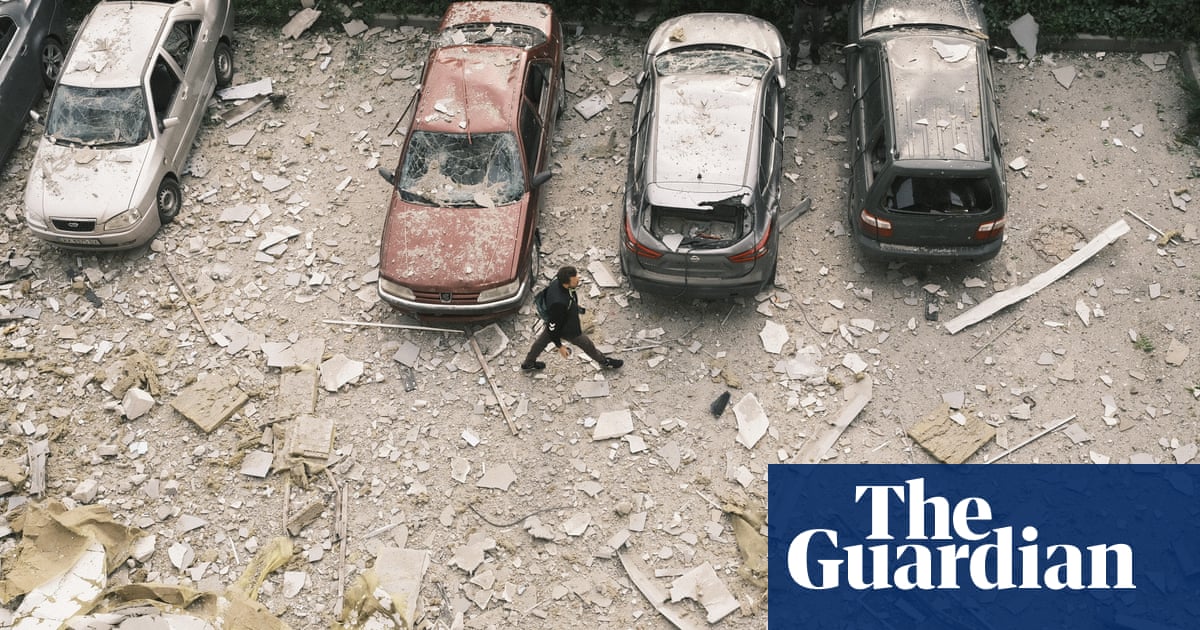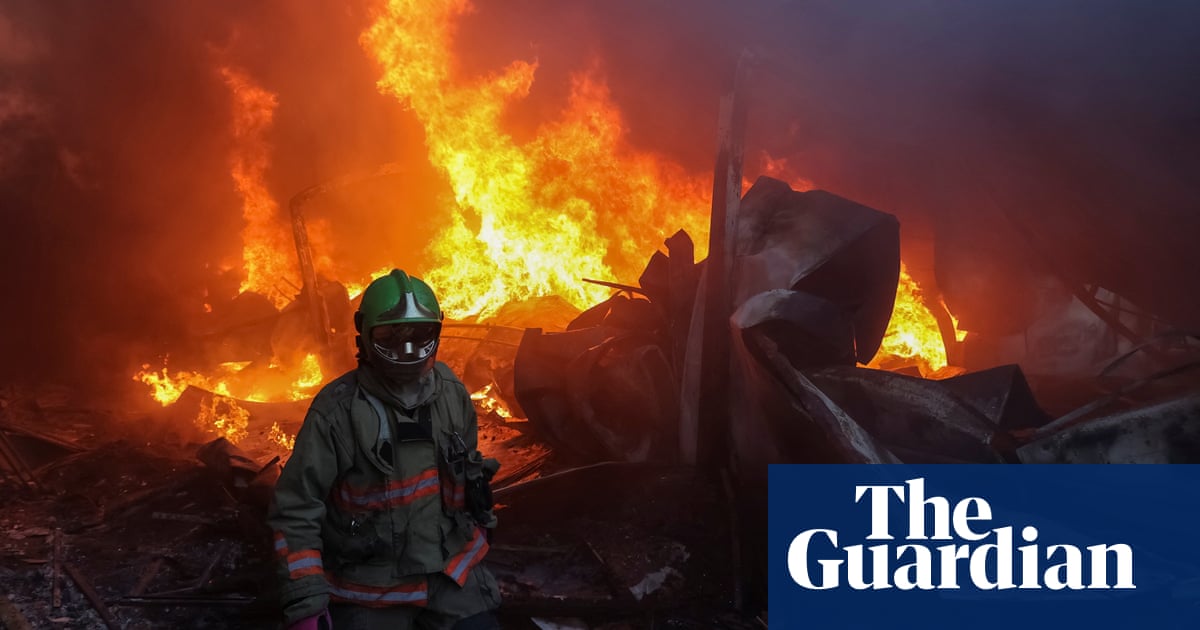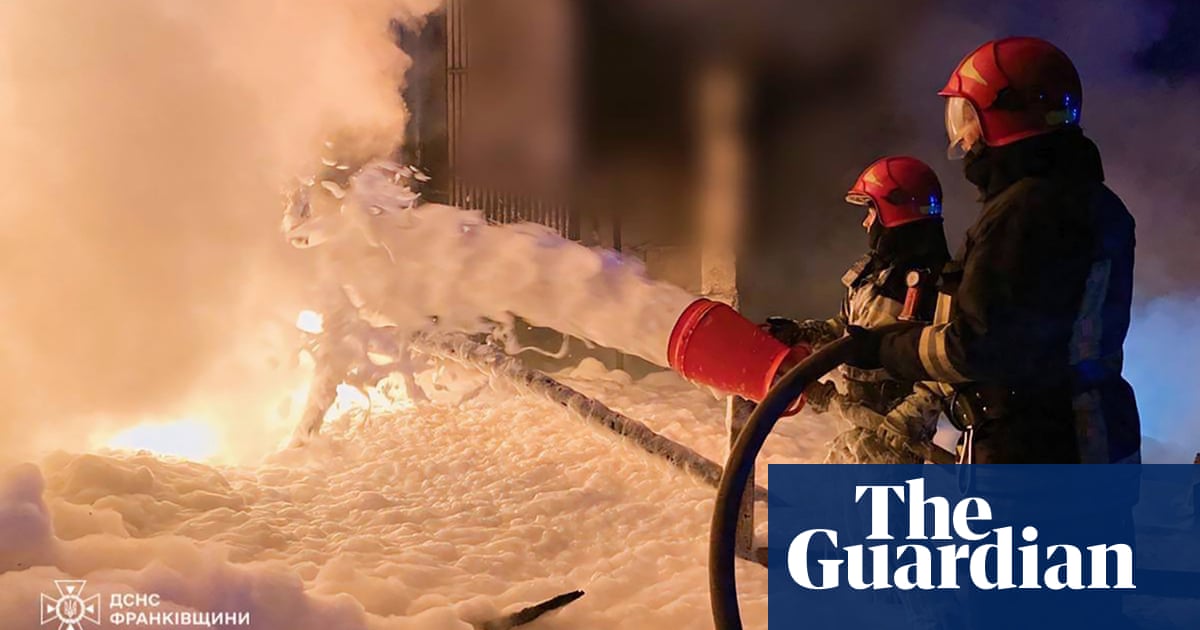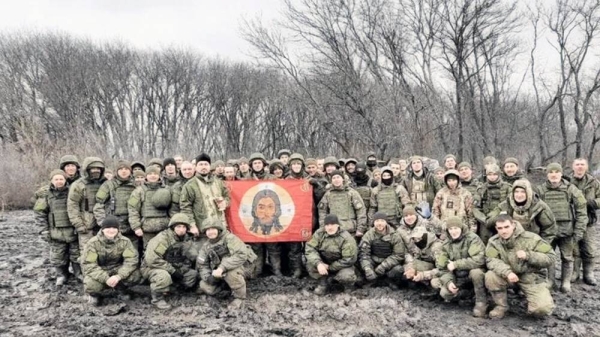
Ukraine is turning to its prisoner population to help address battlefield shortages as Russian continues to build up forces in eastern Ukraine. More than 3,000 prisoners have been released on parole and assigned to military units after such recruitment was approved by parliament in a controversial mobilisation bill last month, Ukrainian deputy justice minister Olena Vysotska told the Associated Press. The news agency visited a rural penal colony in south-east Ukraine where several convicts were offered a chance at parole in return for battlefield service. “You can put an end to this and start a new life,” one recruiter, a member of a volunteer assault battalion, told them. Ukraine does not announce details of troop deployment numbers or casualties, but frontline commanders openly acknowledge that they are facing serious personnel shortages.
Viktor Orbán, one of Europe’s most pro-Russian leaders, is expected to head to Kyiv on Tuesday to meet Volodymyr Zelenskiy. It is the first visit by the Hungarian prime minister to his neighbouring country since Russia’s full-scale invasion began and comes as Hungary takes over the rotating presidency of the EU. In contrast, Orbán’s foreign minister, Péter Szijjártó, has made at least five trips to Russia since the start of the war. Hungary has repeatedly questioned the need to support Ukraine militarily, and has instead called for a ceasefire. Last week, EU governments agreed to use €1.4bn (£1.2bn) of profits from frozen Russian assets to supply arms and other aid to Ukraine, bypassing the Hungarian veto that has so frequently held up EU decisions on Ukraine.
A Briton who founded a charity supporting Ukrainian soldiers has died while fighting Russian forces, his organisation has said. Peter Fouché set up Project Konstantin, which provides supplies such as drones and food to Ukrainian soldiers, evacuates civilians and delivers humanitarian aid to conflict zones near the frontline. Fouché had previously helped to build a field hospital in Kyiv before he founded Project Konstantin and later enlisted as a contracted soldier with the armed forces of Ukraine, according to the charity’s website.
Patriotic Russian poetry praising Vladimir Putin and backing his war in Ukraine has turned out to be translations of Nazi verses penned in the 1930s and 1940s. The 18 poems of Gennady Rakitin have attracted quite a following in Russia in the past year and been mentioned in poetry prizes, but pranksters have revealed they invented Rakitin and simply translated poems such as Führer and odes to Nazi stormtroopers, replacing references to Germany with Russia. “We read collections of Z poetry and saw straight-up nazism there. We suspected that they probably wrote exactly the same things in Nazi Germany, and we turned out to be right,” said the group behind the project, in written responses to questions from the Guardian.
Russia’s defence ministry claimed its forces had taken control of two villages in eastern Ukraine. The Russian ministry said its forces were in control of the settlement of Stepova Novoselivka in Kharkiv region, and of Novopokrovske in Donetsk region. Ukrainian military statements partly denied the Russian assertion. The General Staff of Ukraine’s Armed Forces, in an evening report, said its troops had repelled 17 attacks in the Kupiansk sector near Kharkiv, including around Stepova Novoselivka. It said fighting was raging near Synkivka, farther west. Russia has announced a string of incremental gains since capturing the city of Avdiivka in Donetsk region in February. It was the second day in succession that Moscow has announced the capture of new localities.












